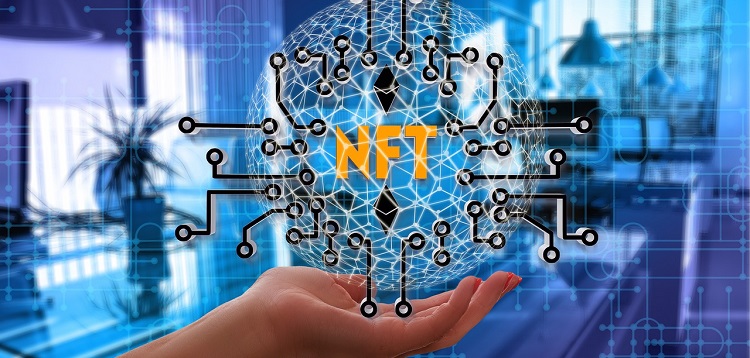Solana, a high-performance blockchain platform, has unveiled State Compression, a new feature that significantly reduces the cost of storing non-fungible tokens (NFTs) on-chain. Launched in collaboration with its ecosystem partners, State Compression offers developers a more cost-effective solution to store NFT data securely while simultaneously maintaining blockchain decentralization.
In this article, we will explore state compression, its benefits, how it works, and the applicability of this innovation outside of the NFT market.
Solana’s state compression reduces the cost of storing NFTs on-chain
The state compression feature reduces the cost of minting one million compressed NFTs on the Solana network to approximately $110, making it a cost-effective solution to store any data on-chain. Prior to this innovation, storing 100 million NFTs on the Solana network without compression would cost around 1,200 SOL (approximately $24,000).
A Closer Look at State Compression and Its Benefits
State compression is a compression-friendly data structure that allows developers to retain a small amount of compressed data on-chain and subsequently update the Solana ledger. This feature dramatically reduces data storage costs, enabling Solana’s network to maintain full functionality while requiring substantially less storage usage. As a result, users can experience even more cost savings.
Solana’s state compression feature is advantageous compared to typical compression methods because it uses Merkle trees to host a smaller, concentrated version of the data on the blockchain while preserving data integrity. This means that developers can benefit from lower costs and improved security with state compression.
Cross-Ecosystem Collaboration and Partnerships: The Driving Force Behind State Compression
State compression is a cross-ecosystem effort built in collaboration with Remote Procedure Call (RPC) providers, Metaplex developers, and indexers. The collaboration aims to make storing NFTs on-chain more accessible and affordable while boosting the performance of decentralized applications. This innovative feature is a clear sign that cybersecurity startups, such as Solana, are working in synergistic unity with one another to develop much more comprehensive solutions for their clients.
State Compression Beyond NFTs Use Case
While launched specifically for NFTs, developers can use Solana’s state compression to store any data on-chain. This breakthrough innovation makes the storage of vast amounts of data on Solana highly convenient and cost-effective. The development is expected to create new opportunities for developers to leverage blockchains for a variety of applications.
A positive sign for the NFT market revival
This development comes at a time when there is a slight resurgence in demand for NFTs after a severe downturn that obliterated the digital collectibles market last year. With lower costs of minting and storing NFTs, Solana’s state compression feature could help revive the space, enabling people to create and exchange even more memorable experiences.
Will state compression be adopted across the blockchain industry?
The emergence of Solana’s state compression feature could herald a new wave of innovative technologies that provide cheaper and more efficient blockchain solutions. It remains to be seen when other blockchains will adopt state compression, but the innovative feature’s potential for cost-effective data storage and management makes it a prime candidate for adoption by multiple ecosystems beyond Solana.
Solana’s state compression feature provides a cost-effective data storage solution that far surpasses other traditional methods. Its cross-ecosystem effort and unique approach give it a competitive edge in the blockchain industry, enabling users to store data at a fraction of the price. It remains to be seen whether other blockchains will adopt the feature, but Solana’s foray into more efficient data storage solutions is a positive step for the blockchain industry as a whole.

